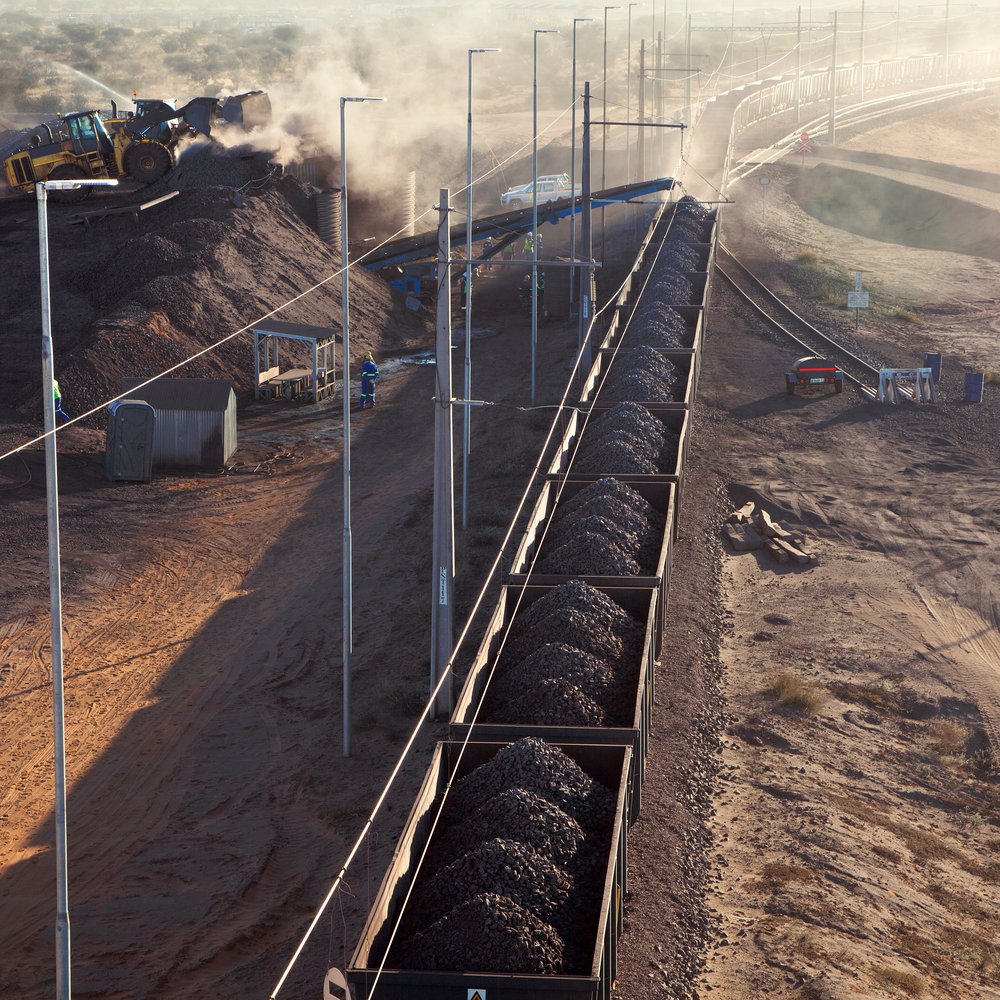So. Africa: After guidance from Constitutional Court, environmental activists and lawyers amend their pleas in SLAPP lawsuit brought by Australian mining interests

Photo credit: Shutterstock.
"SA environmental activists revise pleas in 'SLAPP case' brought by Australian miners", 1 Feb 2023
Six South African activists and public interest lawyers have filed revised papers in their marathon legal battle against a collective R14.25 million 'SLAPP' defamation case brought against them by Australian mining interests.
This revision follows a pair of judgments handed down by the Constitutional Court, which for the first time in South African legal history set out parameters for defence against SLAPP suits, and also prescribed limits on defamation action brought by for-profit trading corporations...
"The judgments have important consequences for the protection of activism and the rights and responsibilities of corporations in South Africa and beyond," non-profit activist lawyer group Centre for Environmental Rights (CER) commented...
Two of the six defendants were employed by the CER as environmental lawyers at the time of the alleged defamation.
While neither of the Constitutional Court judgments was technically in the six defendants’ favour, they were not penalised with costs, and were given a 30-day window in which to amend their two special pleas in the case...
The defendants’ first special plea relates to the court’s ruling that a SLAPP defence must also take the merits of the alleged defamation into account, because improper motive for bringing a case is alone insufficient to warrant dismissal of such an action...
The defendants’ second special plea – that "for-profit" trading corporations (such as the two Australian mining company plaintiffs) cannot sue for general damages in defamation cases – has also been amended.
The Constitutional Court found that such corporations can sue for general damages, but not where the allegedly defamatory speech forms part of public discussion on issues of legitimate public interest. This is because awarding such damages would constitute an unjustifiable limitation on the right to freedom of speech...
There is as yet no indication of whether or when the proposed amendments to the defendants’ special pleas will be opposed by the plaintiffs...
[T]he first papers [in this case] were filed more than five years ago...
Currently, there was no indication of when the trial or trials would be set down for hearing...
The [defendants] are alleged to have defamed the plaintiffs: Australian mining company Mineral Commodities Ltd (MRC) and its South African subsidiary Mineral Sands Resources; then MRC executive chairman Mark Caruso (he is no longer with MRC); and MRC’s black empowerment partner Zamile Qunya.
The allegations stem from comments made at various times and places in books, interviews and/or presentations about the miners’ controversial activities on the Pondoland coast at Xolobeni and at the Tormin mineral sands mine on the West Coast.